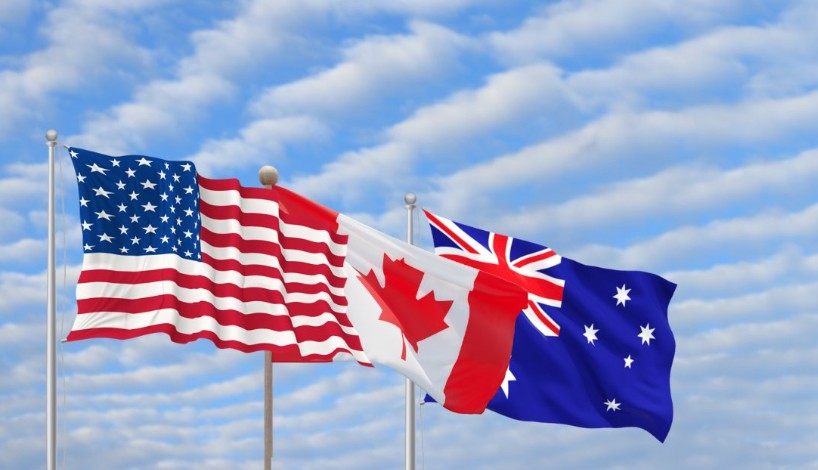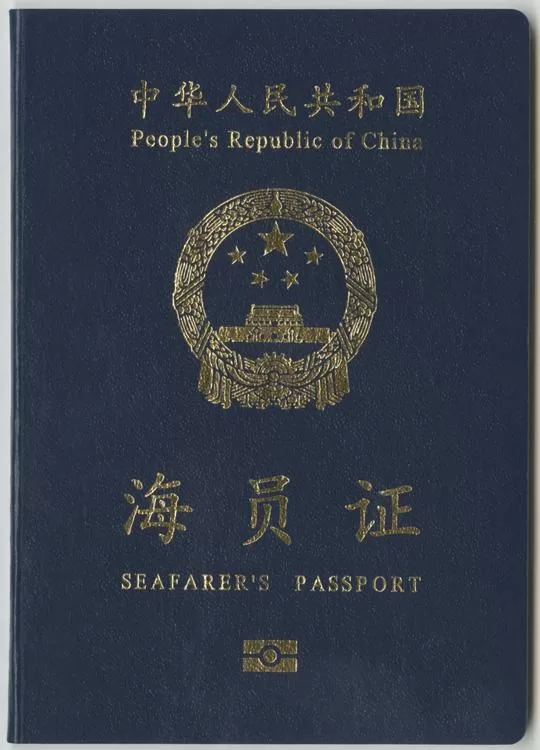
Visa exemptions for certain nationalities rei...
read more

Since Seafarers Identity Documents (SID) issued under ILO Convention 185 became mandatory in May 2023, there has been an increase in the number of fines levied by the Brazilian immigration authority
Update 20 February 2024: following an agreement signed by diplomats of Brazil and China, effective 19 February 2024, the two countries will grant tourist and business visas for nationals travelling to each other’s countries, valid for ten years. Under the new visa policy, visitors with a 10-year visa are allowed multiple entries of up to 90 days per visit, limited to 180 days within a migratory year (12 months after the first entry).
A copy of the press release from Brazil’s Ministry of Foreign Affairs is attached with an English translation of the agreement.
As stated in this circular, from 1 May 2023, unless a seafarer arrives in Brazil with a SID issued in accordance with ILO Convention 185 of 2003 (C185), otherwise holds a valid passport – with a visa when this is required due to the nationality of the crewmember –, the carrier will likely be fined in amounts that increase exponentially in the case of a repeat offence.
There has been a somewhat expected surge in penalties imposed by the Federal Police due to the absence of valid SIDs – or visas when they are required. Many of these penalties have been imposed on crews from major seafaring nations, particularly China.
China has not acceded to ILO C185, which, eighteen years after it entered into force, still has a low ratification rate compared to the previous convention on seafarers’ identity documents (C108). Although China remains Brazil’s largest trading partner, the two countries reciprocate the requirement that each other’s nationals obtain a visa as a condition of entry.
Therefore, all Chinese seafarers must obtain a visa from a Brazilian embassy or consulate abroad before being allowed to national territory to disembark or join a ship.
Exceptionally, Chinese seafarers signed on owned or time-chartered Chinese-flagged vessels (excluding those flying the Hong Kong flag) are permitted to go ashore in Brazilian ports and disembark for emergency medical assistance with their national seafarer’s documents and will not be fined; however, they must remain in the city where the port is located throughout the vessel’s stay.
The exception to the rule derives from the Agreement on Maritime Transport entered into by the governments of Brazil and China in May 1979. The deal was approved by the Brazilian National Congress through Decree 59 of June 1980 and sanctioned by the President of the Republic through Decree 85,314 of November 1980, when it came into full force.

However, Chinese seafarers are still required to obtain a visa from the Brazilian diplomatic representation to arrive by air to join a vessel in Brazil or disembark in a national port for repatriation.
Similar agreements are in place with other nations that have not ratified ILO C185, including Algeria, Argentina, Bulgaria, France, Germany, Poland, Portugal, Uruguay and Vietnam, though citizens of some of these countries enjoy visa exemptions for stays of up to 90 days (maximum of 180 days per migratory year), as can be seen in this list.
Despite any bilateral agreements or visa exemption policies in place, the Federal Police are entitled to demand evidence of the seafarers’ legitimacy, intention, and financial standing, typically resolved with shipping agents’ undertaking to defray costs incurred during their stay, welfare and repatriation. The immigration authority may also limit the length of stay.
The permission to enter or leave the country is granted without prejudice to liabilities arising from the ILO Maritime Labour Convention (MLC 2006), which entered into force in Brazil in May 2021.
Fines for violating the Brazilian Migration Law range from BRL 100 to BRL 10,000 for travellers and from BRL 1,000 to BRL 1 million for carriers — the value of the fine increases exponentially in case of a repeat offence in the same migratory year.
Shipowners are legally responsible for bringing in travellers (crew, passengers and stowaways) without proper travel documents. The only acceptable exclusion of liability is when the offence is attributable to force majeure or an Act of God.
Immigration regulations also impose heavier penalties, including short-term repatriation or deportation of foreign travellers in serious breach of the rules, without prejudice to the imposition of a fine.
Published 4 October 2023. Updated 20 February 2024.
Please read our disclaimer.
Related topics:
Rua Barão de Cotegipe, 443 - Sala 610 - 96200-290 - Rio Grande/RS - Brazil
Telephone +55 53 3233 1500
proinde.riogrande@proinde.com.br
Rua Itororó, 3 - 3rd floor
11010-071 - Santos, SP - Brazil
Telephone +55 13 4009 9550
proinde@proinde.com.br
Av. Rio Branco, 45 - sala 2402
20090-003 - Rio de Janeiro, RJ - Brazil
Telephone +55 21 2253 6145
proinde.rio@proinde.com.br
Rua Professor Elpidio Pimentel, 320 sala 401 - 29065-060 – Vitoria, ES – Brazil
Telephone: +55 27 3337 1178
proinde.vitoria@proinde.com.br
Rua Miguel Calmon, 19 - sala 702 - 40015-010 – Salvador, BA – Brazil
Telephone: +55 71 3242 3384
proinde.salvador@proinde.com.br
Av. Visconde de Jequitinhonha, 209 - sala 402 - 51021-190 - Recife, PE - Brazil
Telephone +55 81 3328 6414
proinde.recife@proinde.com.br
Rua Osvaldo Cruz, 01, Sala 1408
60125-150 – Fortaleza-CE – Brazil
Telephone +55 85 3099 4068
proinde.fortaleza@proinde.com.br
Tv. Joaquim Furtado, Quadra 314, Lote 01, Sala 206 - 68447-000 – Barcarena, PA – Brazil
Telephone +55 91 99393 4252
proinde.belem@proinde.com.br
Av. Dr. Theomario Pinto da Costa, 811 - sala 204 - 69050-055 - Manaus, AM - Brazil
Telephone +55 92 3307-0653
proinde.manaus@proinde.com.br
Rua dos Azulões, Sala 111 - Edifício Office Tower - 65075-060 - São Luis, MA - Brazil
Telephone +55 98 99101-2939
proinde.belem@proinde.com.br